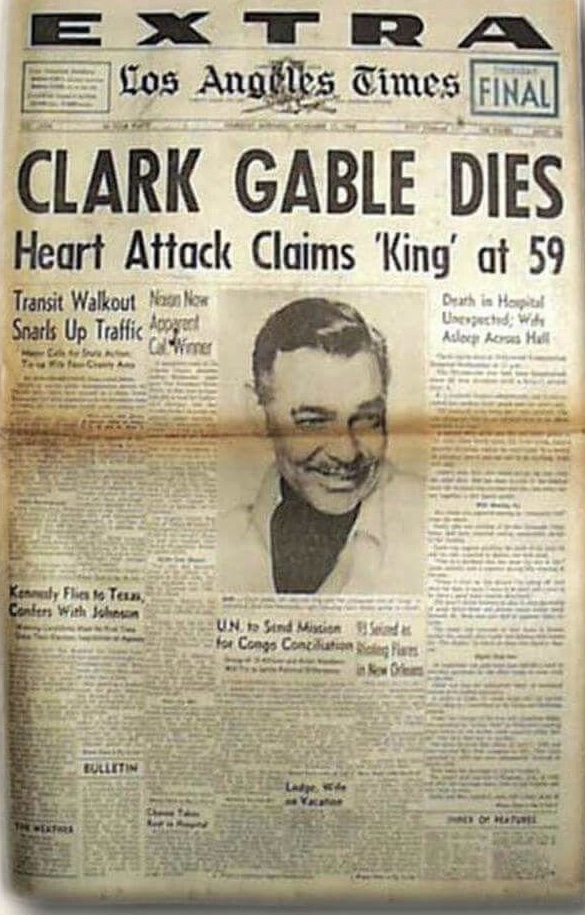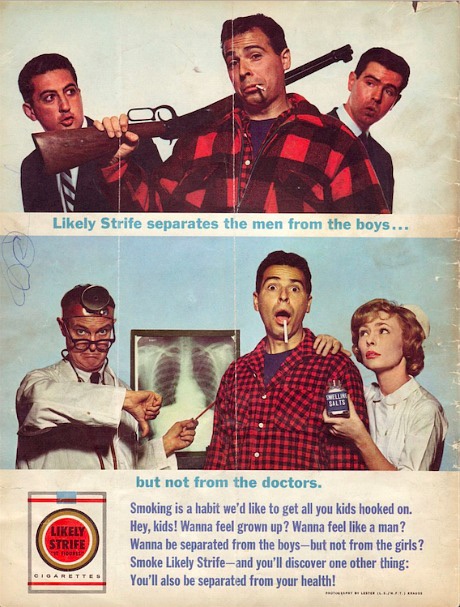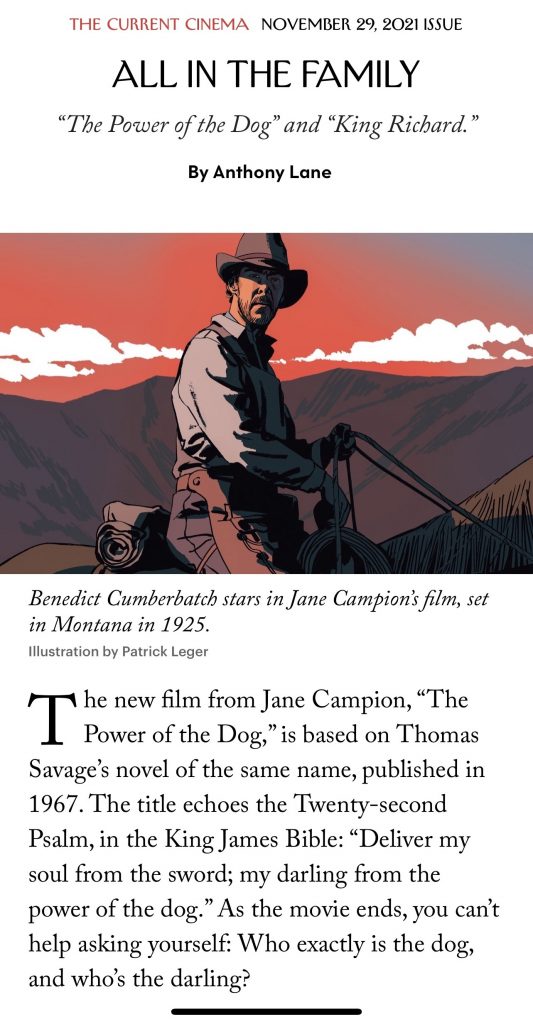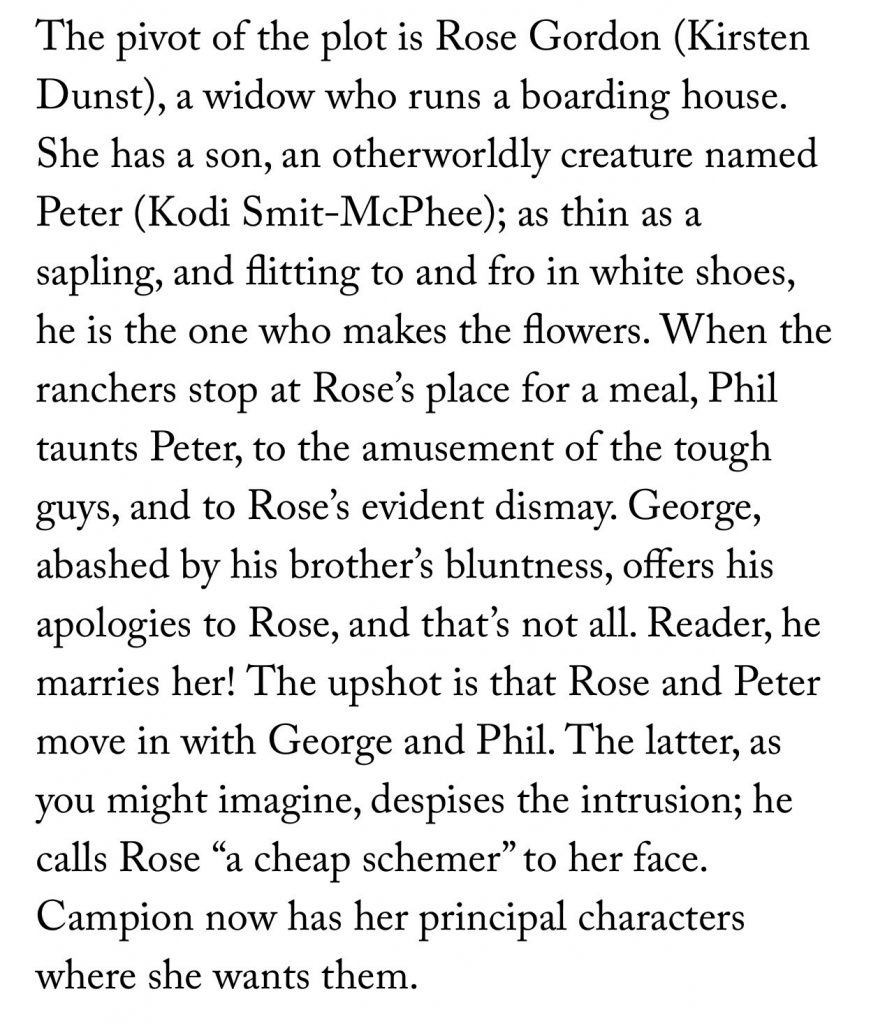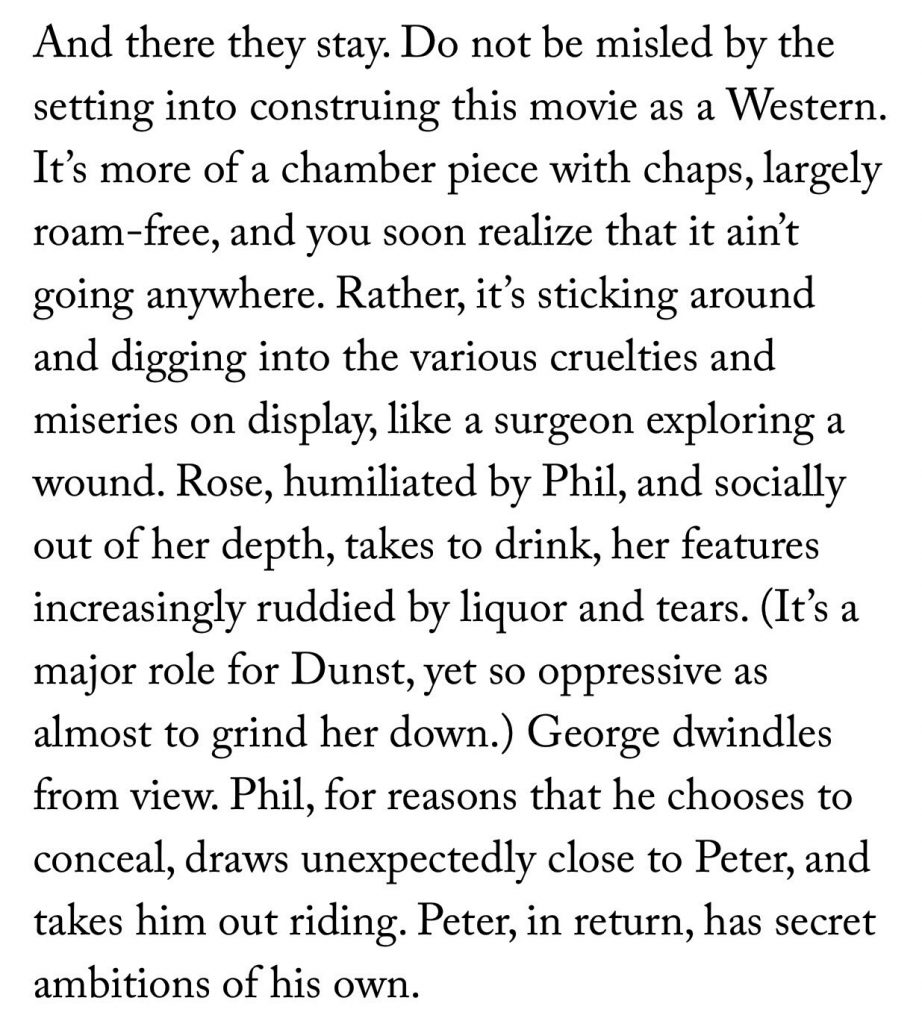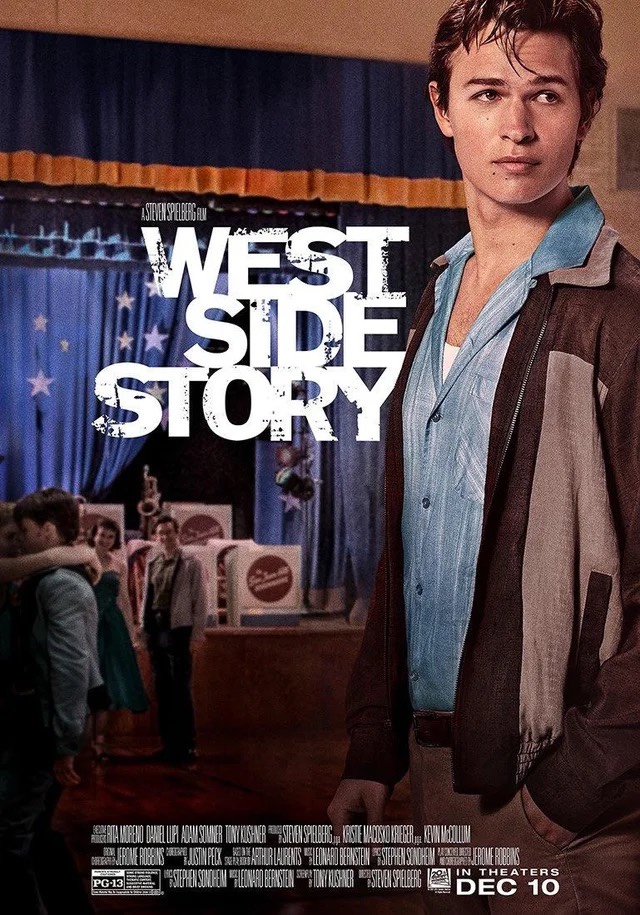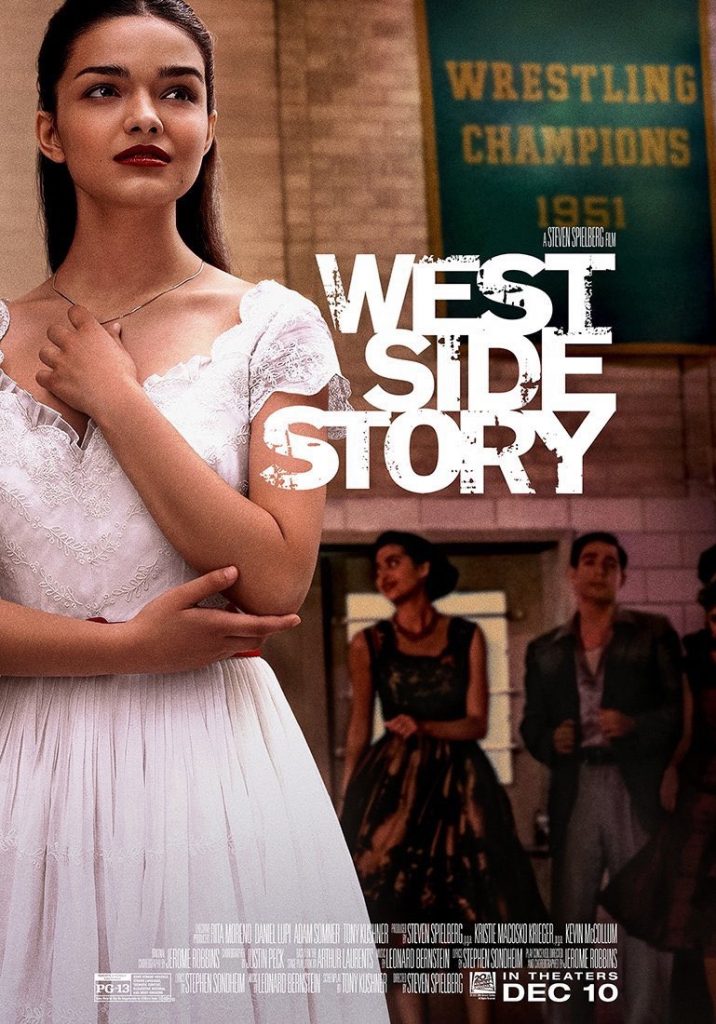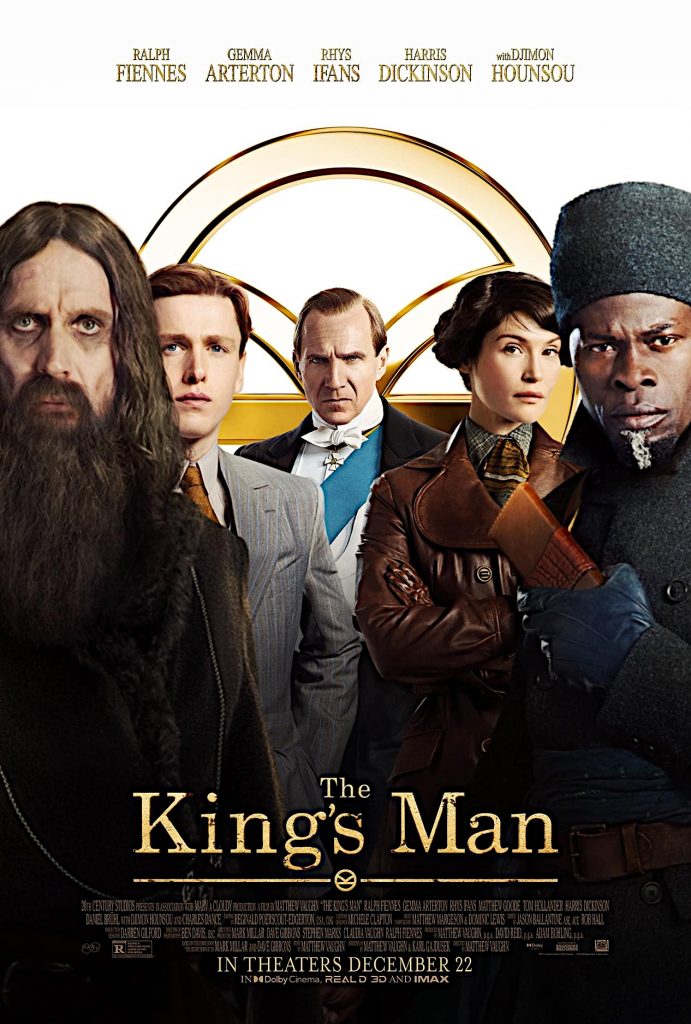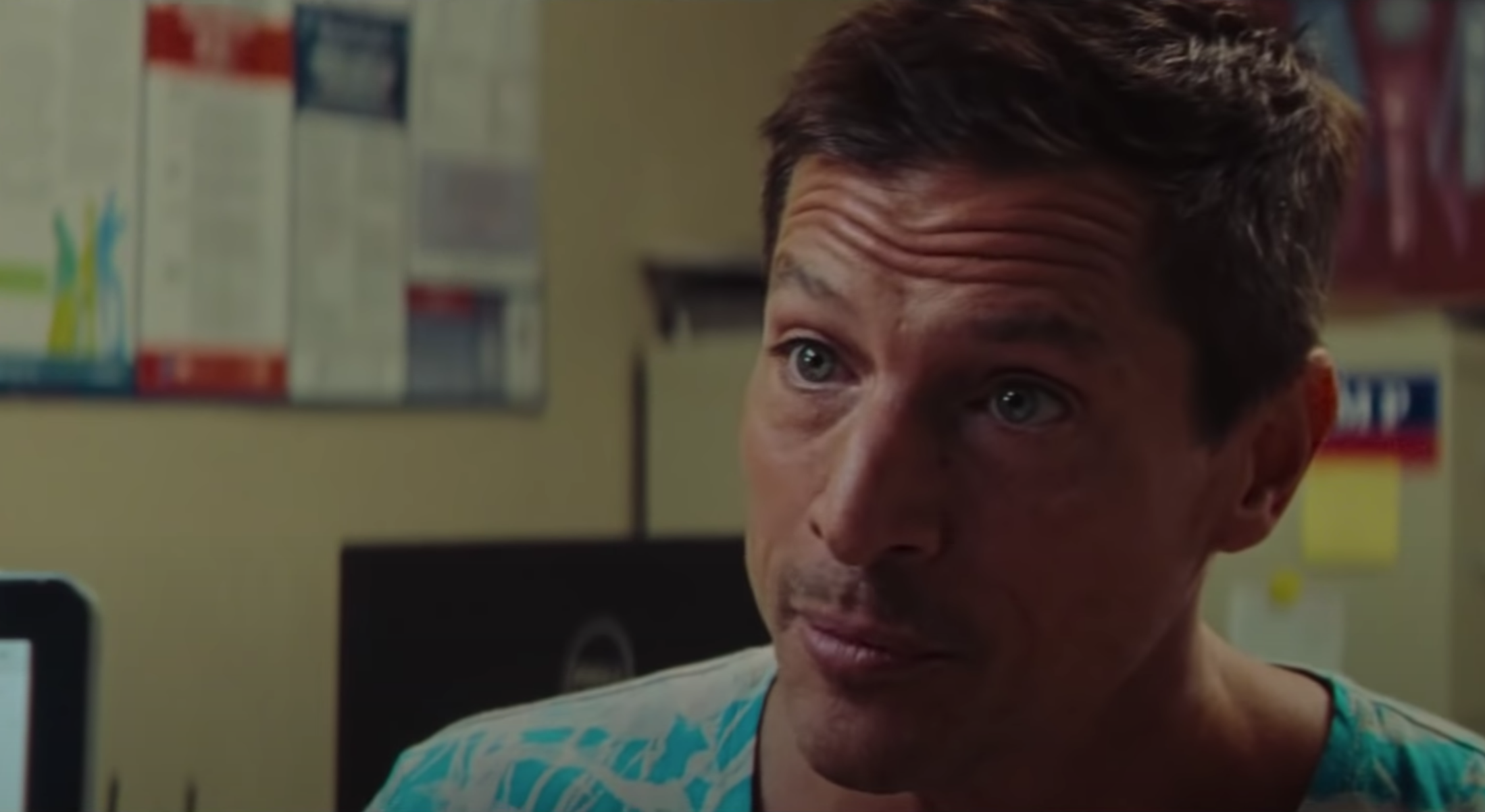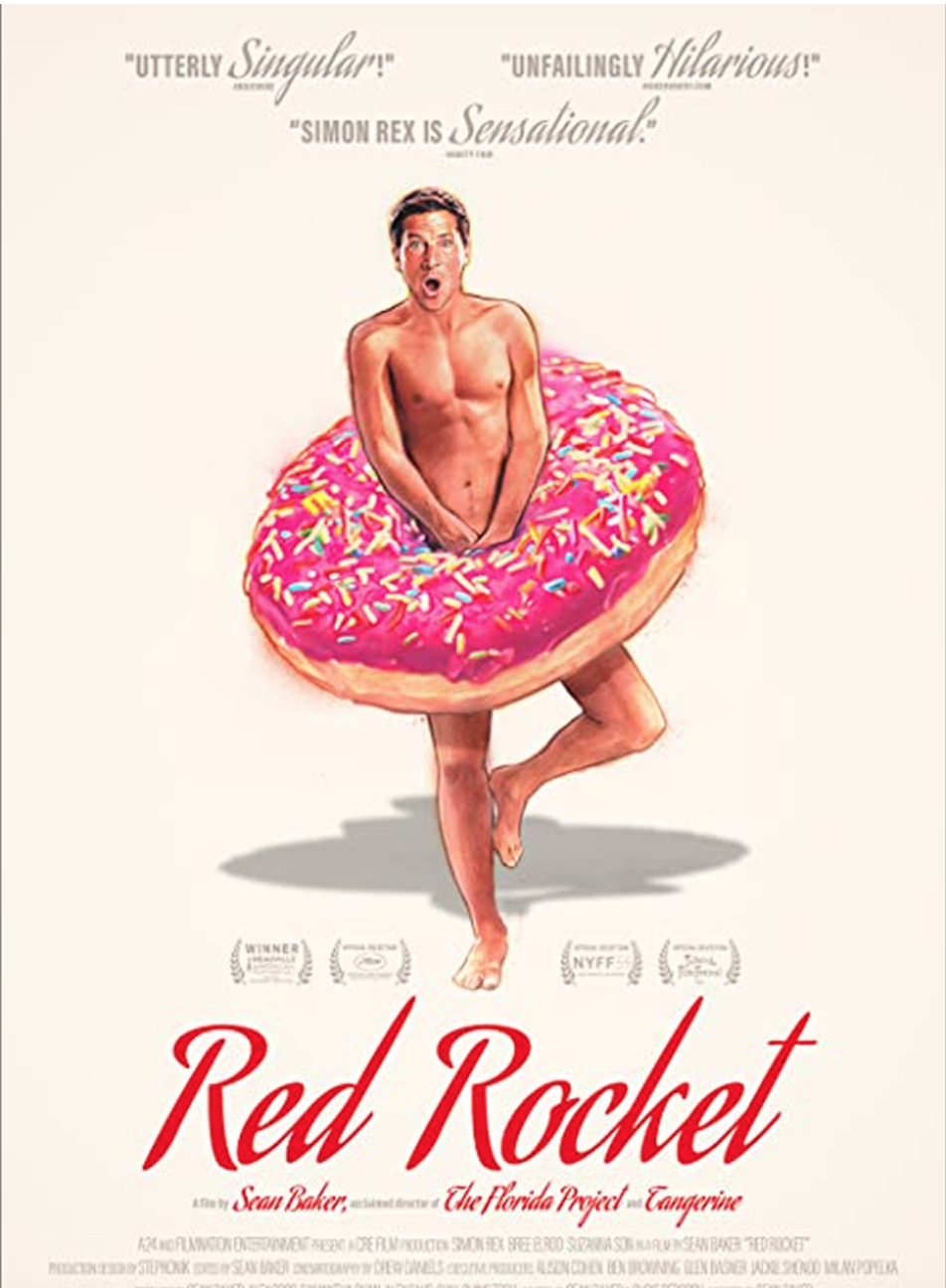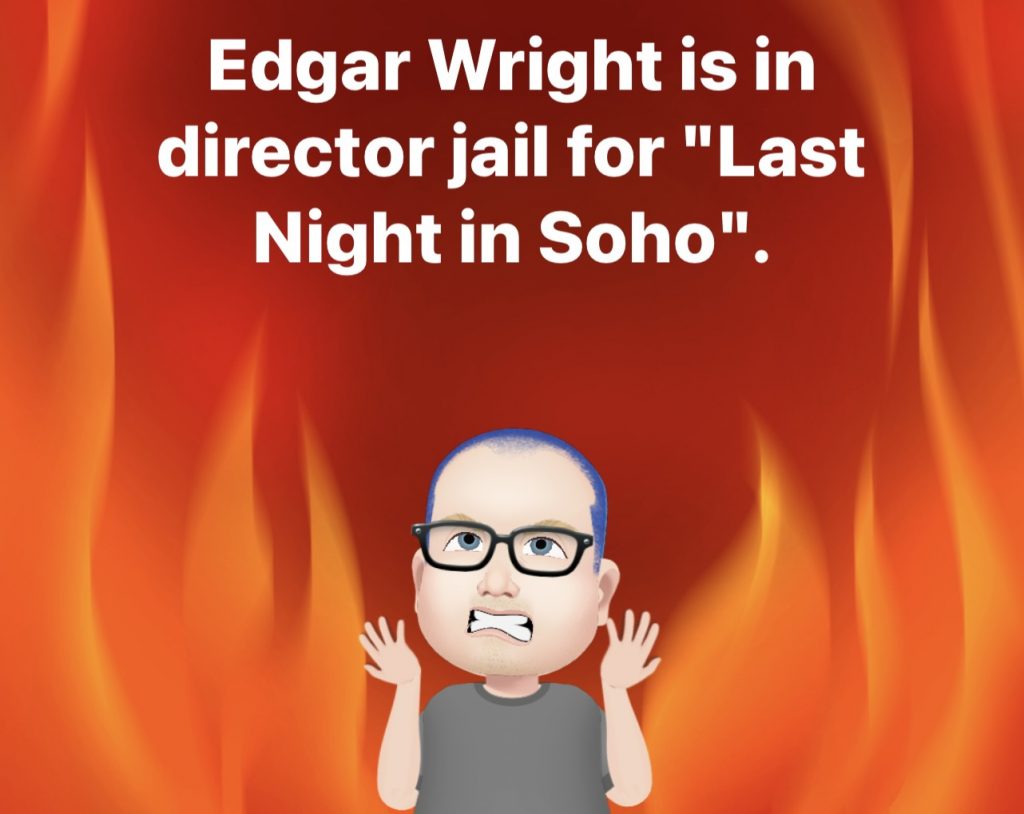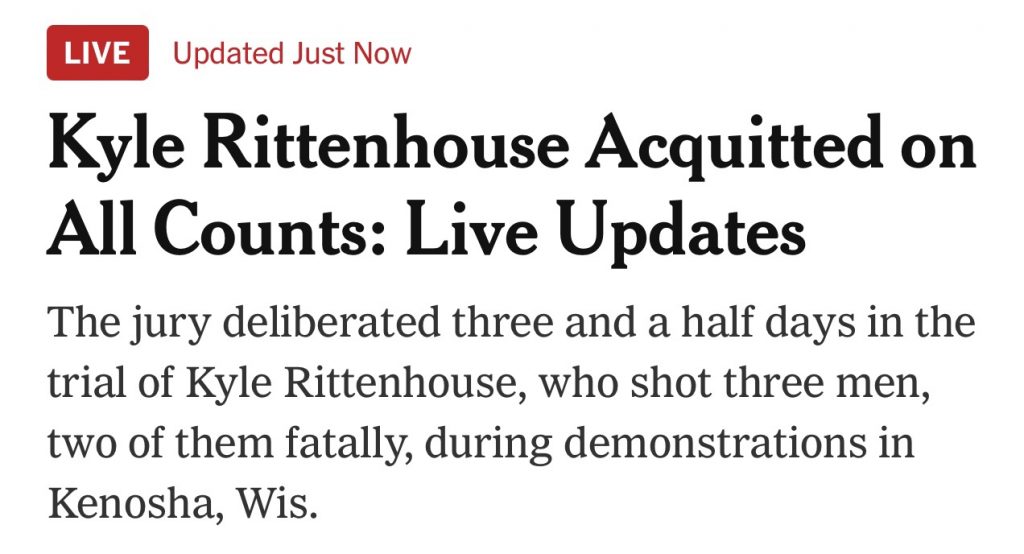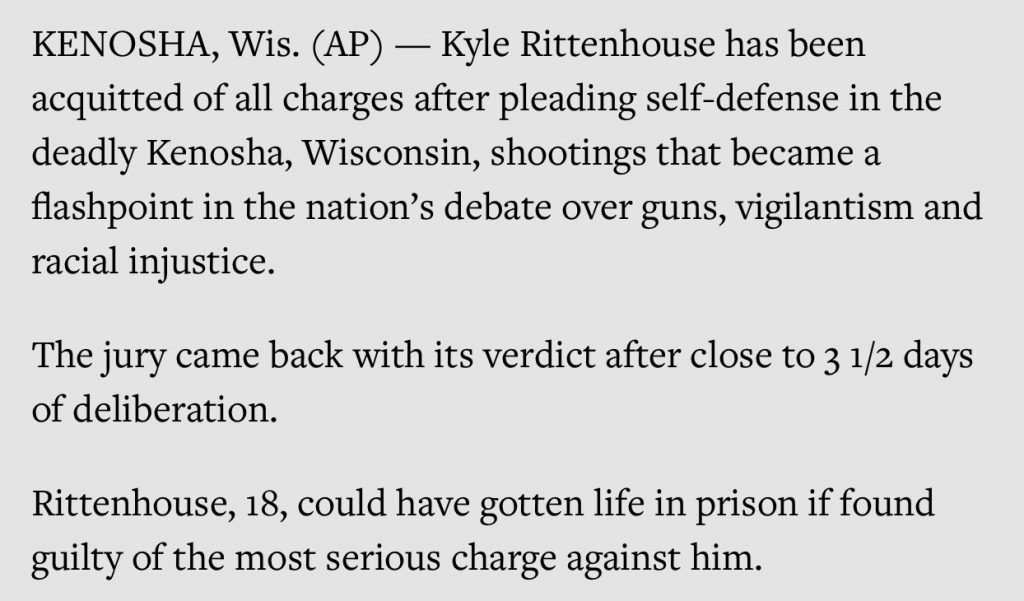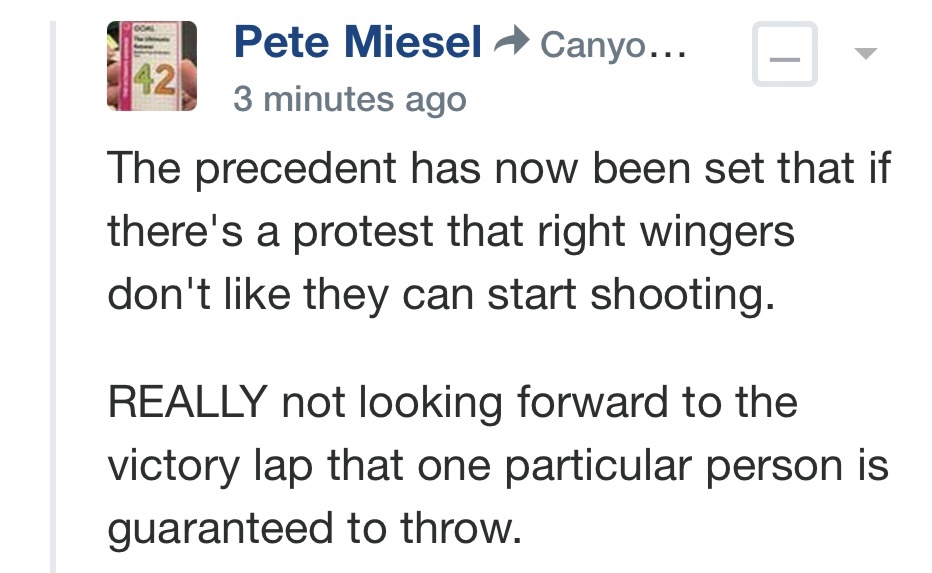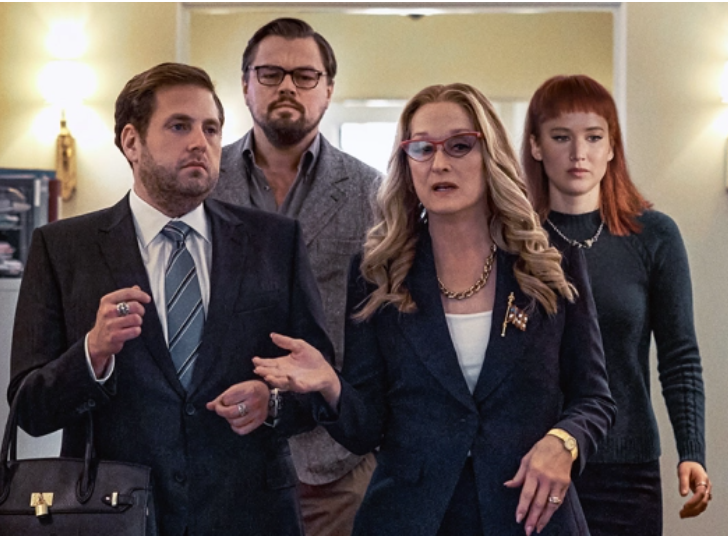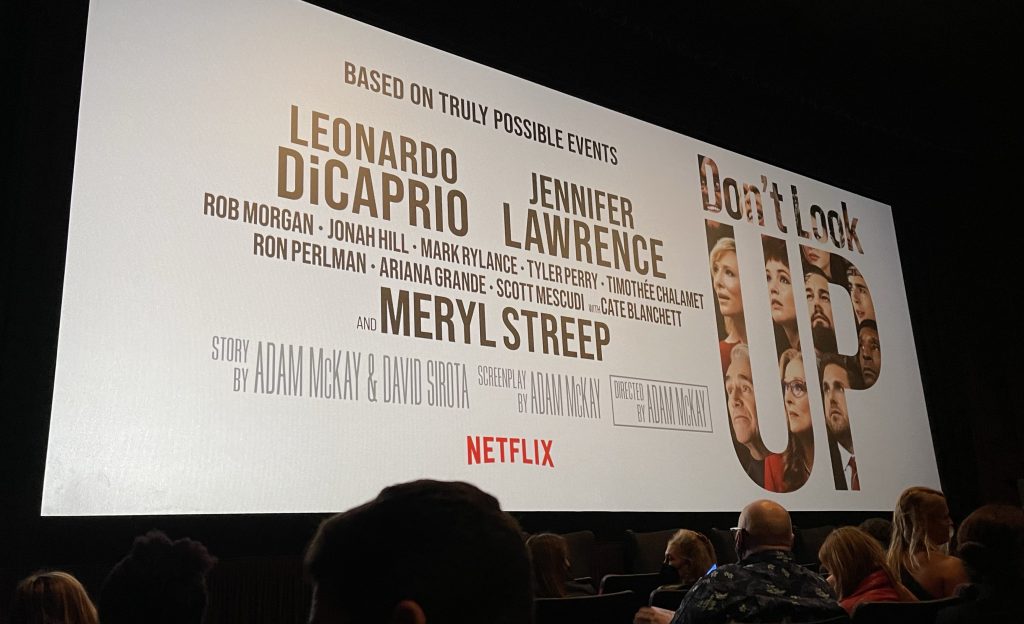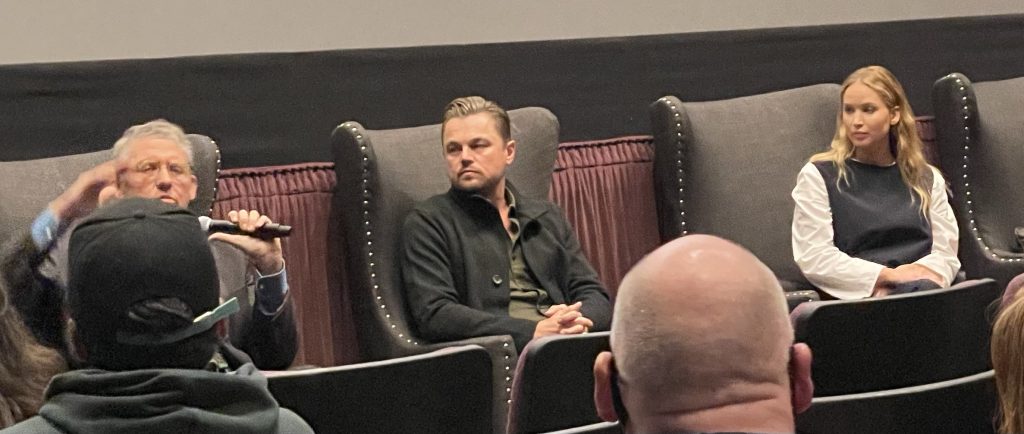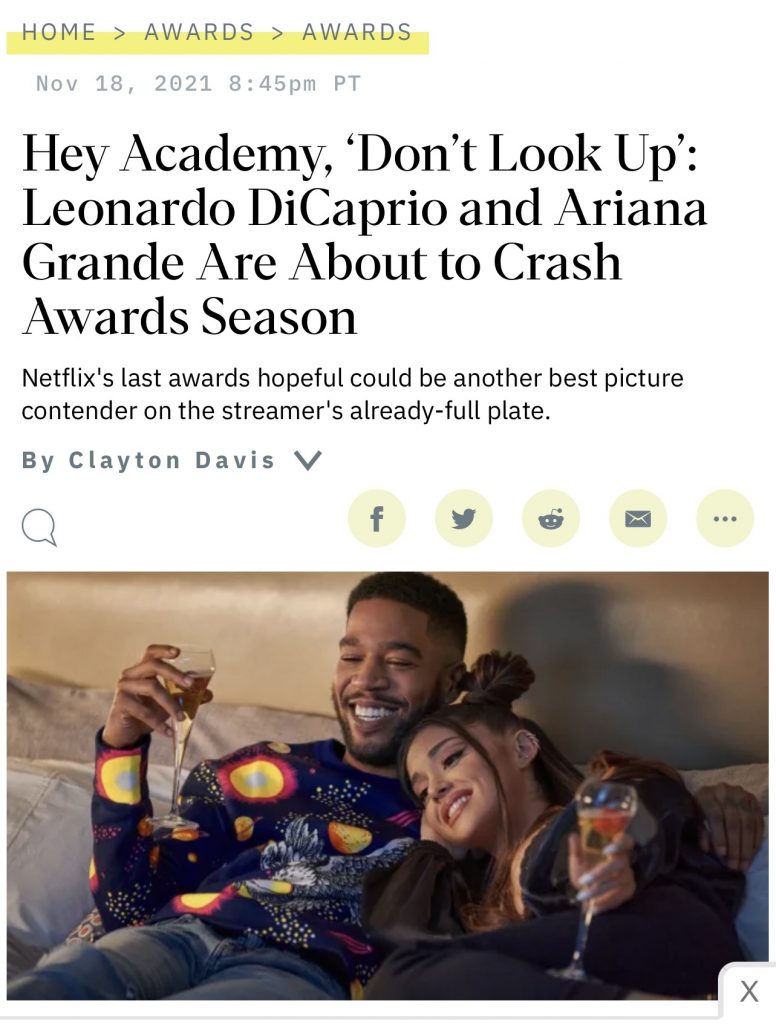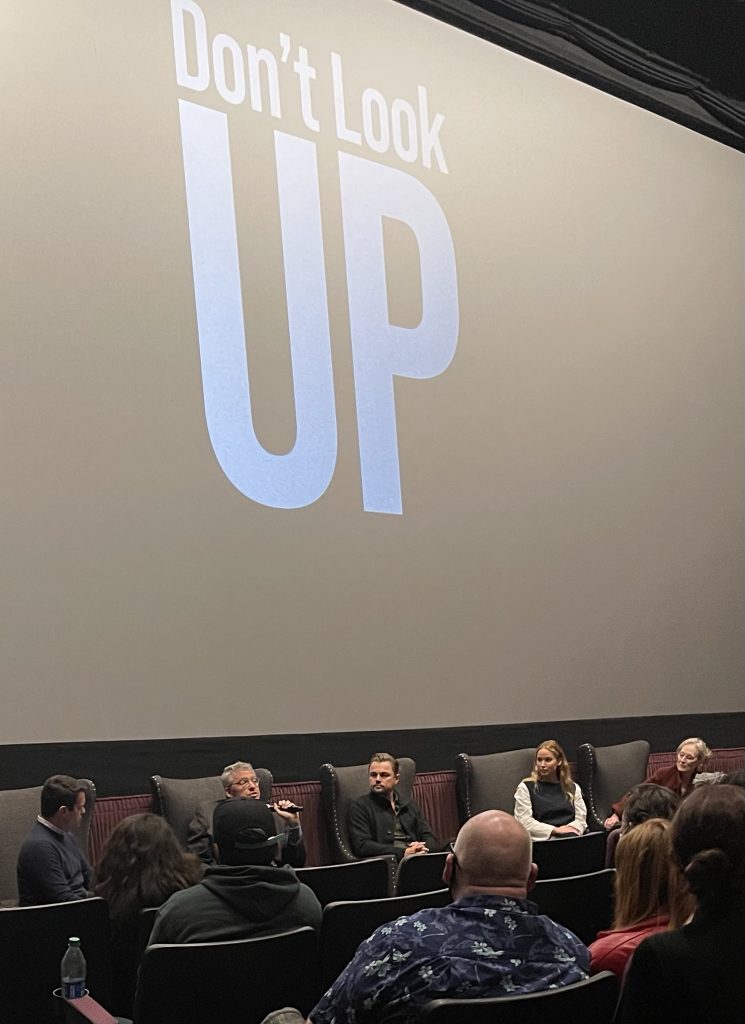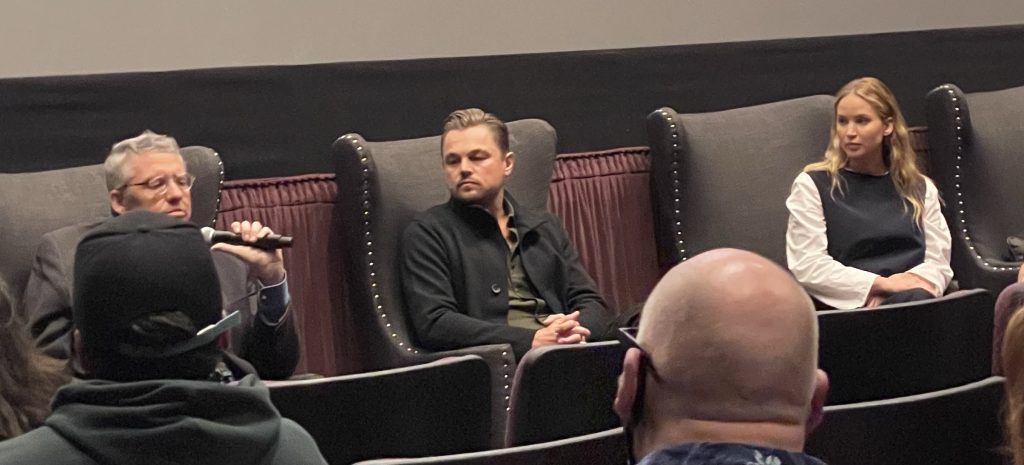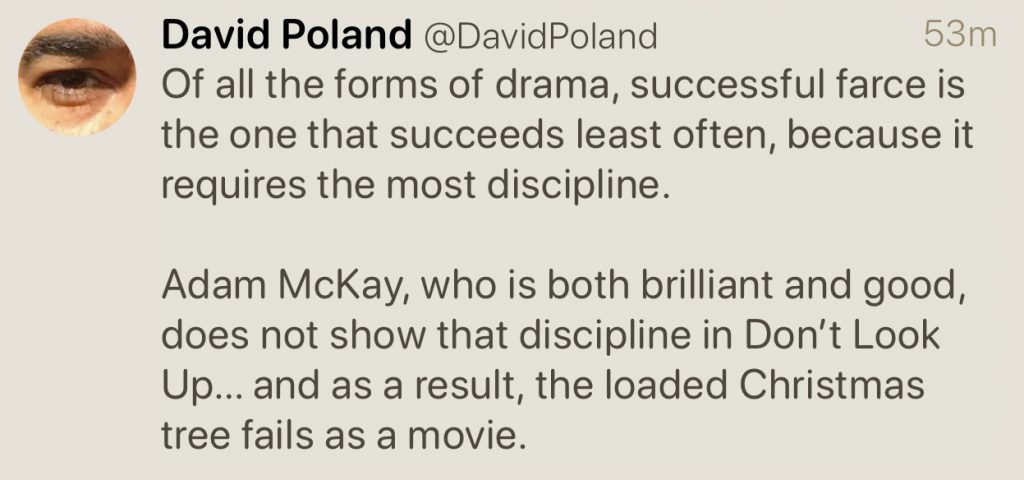Yesterday a Facebook friend chose to process the Kyle Rittenhouse “not guilty” verdict through a racial lens, using the whole tragic episode as an opportunity to lament racially-stacked decks and dump on the general venality of white people. I replied as follows…
“Agreed — if Rittenhouse had been black, the cops probably would have shot him. Then again why would a black dude want to use a loaded weapon against rampaging white leftists? Speaking as a small business owner, my heart went out to retail storefront owners whose businesses were trashed in May and June 2020 because of George Floyd’s murder.
“The Tulsa race riots — a deplorable, shameful chapter in this country’s history — happened almost a century ago. Most of us understand that our culture has progressed since then. This is a significantly different country than it was even in the ‘60s and ‘70s.
“If you want to be completely condemning and dismissive of white people, you can say ‘nothing has changed…they were largely racist and evil then, and they’re pretty much driven by the same white supremacist attitudes today.’ If you want to insist on that viewpoint today, have at it.
“Trump voters are obviously or largely still living in the past (say, the 1950s) but, the racist Charlottesville marchers of 2017 aside, even they wouldn’t be part of a homicidal race riot today. Either you accept that society has the capacity to adapt and evolve, or you don’t.
“The fact is that wokesters have overplayed their hand over the last four or five years, and the recent defeat of Terry McAuliffe in Virginia is probably a good forecast of what will happen a year from now. Outside of Trump loyalists and QAnon loonies, most people, I believe, are basically sensible and decent and will support sensible liberal policies. But they largely hate the radical wokester left, and I for one understand why.
“Wokesters are the new McCarthy-ites — scolders, social-media blacklisters and reverse racists. Thanks to the militant left and proponents of CRT in grade schools, the term ‘older white American male’ is now an epithet. And now the chickens, trust me, are coming home to roost. Congrats.”

.


